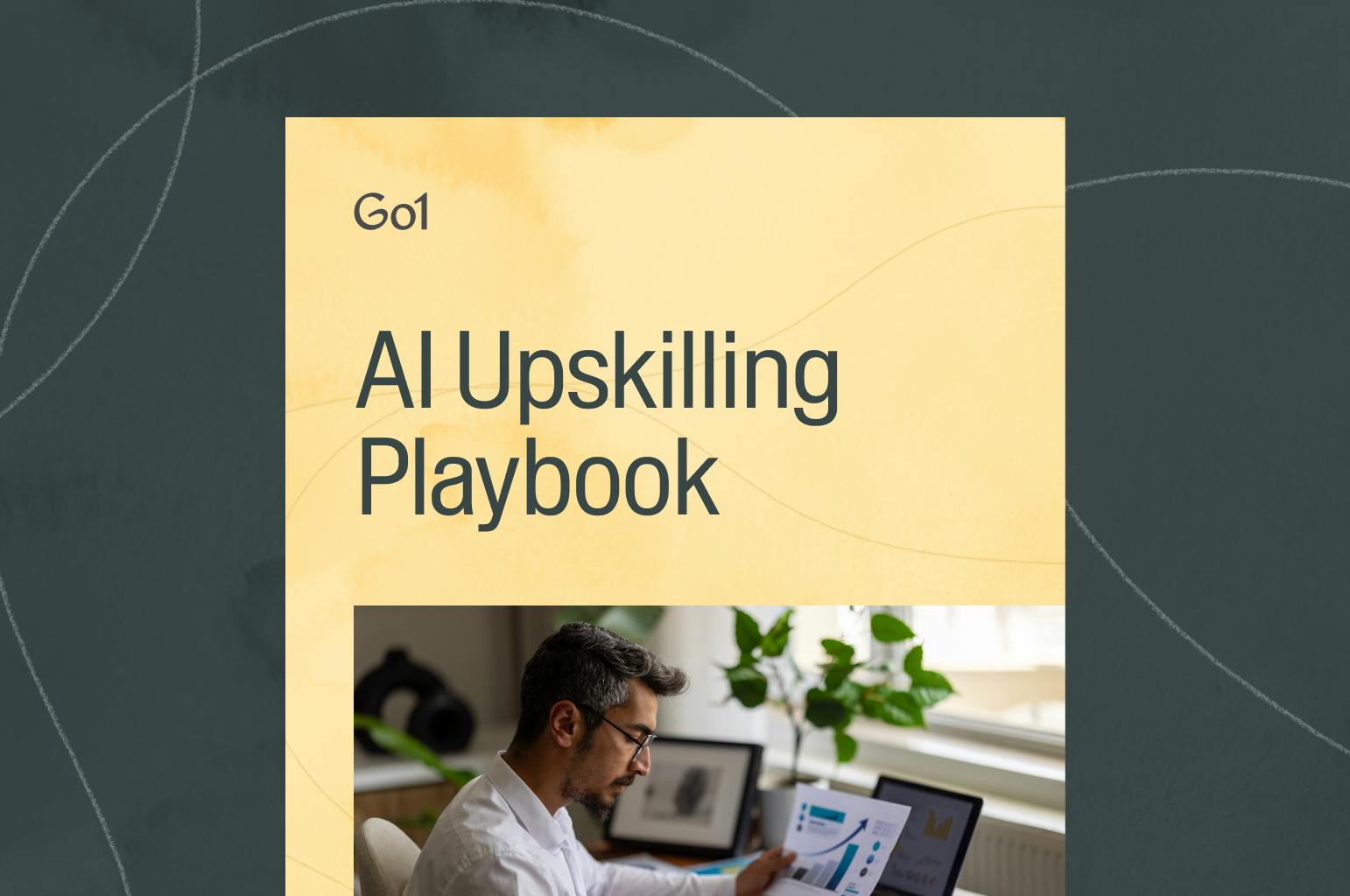Hospitality staff shortages: What’s driving turnover—and how to fix it

The state of hospitality staffing today
Working in hospitality has always been demanding. But in today’s post-pandemic world—where staffing is tight and turnover is high—it’s harder than ever. For HR and L&D leaders in this space, the challenge isn’t just recruiting. It’s building environments that retain talent.
According to recent reports, an average of 6% of hospitality workers resign each month. That churn puts pressure on remaining teams, reduces service quality, and stretches already limited training capacity.
So, what’s driving this staffing crisis and what can leaders do to turn it around?
What’s causing hospitality staff shortages?
Unsociable hours: Many roles require late nights and early mornings. A recent survey attributes 54% of staffing gaps to scheduling challenges.
Lack of flexibility: Other industries offer hybrid or adjustable work options. Hospitality rarely does—making these roles less attractive.
Role misalignment: Uncertain political climates have reduced the number of experienced international applicants. The result? Many hires lack industry fit.
Minimal recognition: Hospitality is a demanding industry. When teams don’t feel appreciated, even committed employees will eventually leave.
Stressful environments: Understaffed shifts and demanding customers increase pressure and burnout. And employees will soon grow weary of working in a high-stress environment.
No clear path to grow: The majority of employees would stay longer if they saw growth opportunities. Without them, retention slips.
The real-world impact of staffing gaps
Beyond team morale, shortages can hit the bottom line. UK data shows hospitality turnover has cost the industry £21 billion. Other effects include:
- Reduced operating hours
- Lowered service quality
- Profit losses and increased customer complaints
- Less time and capacity for effective training
How HR & L&D leaders can boost retention
Paying employees more isn’t the only way to improve retention. Fair pay is of course a big draw for potential employees, but what are some other ways businesses can improve staff retention in the hospitality industry?
Improve the work environment: Create moments for rest and recognition. Foster culture, not just performance.
Strengthen teams: Encourage collaboration through simple team-building activities that reduce silos.
Acknowledge contributions: From shift leaders to new hires—recognize everyone. It builds loyalty.
Keep communication open: Frequent updates and honest conversations reduce disengagement and misunderstandings.
Protect work-life balance: Equitable shifts and recovery time go a long way in preventing burnout.
Provide learning and growth: Offering upskilling and professional development shows employees they’re more than a shift— they’re your future.
Scalable learning for hospitality teams
Better communication, stronger cultures, and career growth all rely on effective training—but it can be hard to deliver at scale.
At Go1, we make it simple. With one subscription, hospitality teams get access to curated training—from customer service and compliance to leadership and soft skills. It’s self-directed, flexible, and built to support your workforce without interrupting operations.
Let’s make retention easier—starting today.

Related Articles

How Do You Improve AI Literacy in Your Organization? (2026)

Application Guide: How to use the Go1 AI for L&D Maturity Assessment to assess our workforce AI capability

AI upskilling made clear: A practical guide to building an AI-ready workforce

Go1 welcomes PepTalk

Train smarter, spend less
Train smarter,spend less
Connect with a Go1 expert to explore the best training options for your organization—no pressure, just solutions that work.